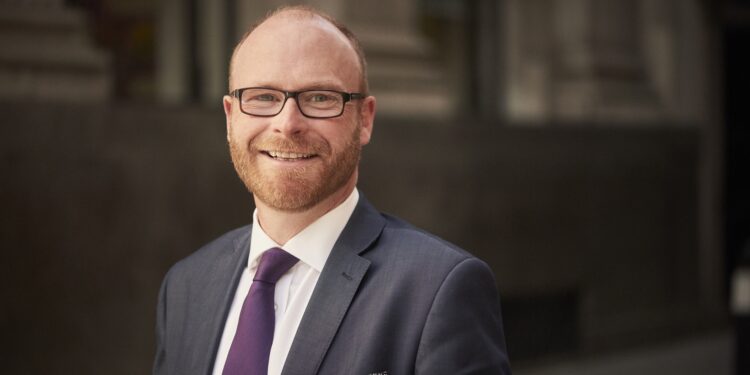As with almost all products and services, the cost of healthcare depends on where you are and what kind of treatment you need. The word ‘healthcare’ can refer to anything from a check-up with a GP to a significant operation, like heart bypass surgery. And whilst a routine appointment will usually be relatively cheap compared to a major operation, you might be surprised by how much certain costs can be and how much they differ from one country to another.
For example, the average cost of surgery to remove the gall bladder was $19,288.40 in Nigeria in 2022. The same operation in India, however, was a fraction of that amount at around $2,600. On the other hand, for something like an elective caesarean section, the comparison is as stark. In New Delhi, the operation would cost an average of $2,146.61, while in New York it’s $18,543.73. Widening the comparison into Europe, the same operation in Belgium would be an average of $5,251.65, while just over the border in France, it’s around 10 per cent less at just $4,726.19.
When it comes to spending the night in hospital, whether it’s elective or unplanned, costs can be surprising. In Europe, the average for a one-night stay in hospital can be anything between $330 in Belgium and $100
in France.
So what if the care needed isn’t available in a particular location? Whether specialist care is needed for a more serious accident or illness, or the cost of healthcare is simply too expensive locally, the care needed may be a flight away.
As with all healthcare services, the cost for such a service differs significantly depending on where you are. For example, one of the shorter evacuations that Axa organised for a customer in 2022 was from Jersey to mainland UK, which cost $14,498. In the same year, a long-haul evacuation from China to Belgium cost $28,667. While this is almost twice the price, the journey takes more than ten times longer and is nearly thirty times as far.
So why are costs so different? It isn’t necessarily reflective of the quality of care, or the qualifications of the surgeons involved. The nature of the overall healthcare system within a particular country can lead to cost discrepancies for healthcare services. Some nations have universal healthcare, which often means social security payments and taxes contribute heavily to government healthcare spending. Inflation, the cost of living and the strength of a nation’s economy can also play their part. In recent years, these outside influences have heavily contributed to the rising costs of healthcare across the globe.
Covid-19 had an immediate, tangible impact on the cost of healthcare, and the cost of living in general. It has also brought positive change in some countries, where healthcare services have undergone reform or made improvements. In Nigeria, for example, the average cost for a hip replacement was $24,742.78 in 2019 and $19,482.50 in 2022, showing a reduction in price of around 21 per cent.
But there are other factors that continue to have an impact. Inflation, for example, is the highest it’s been for decades in most economies.
Since the pandemic, there has been a paradigm shift in the cost of healthcare across the globe. As different economies and different healthcare systems adjust, there’s not a clear pattern to these increases, and it’s not easy to see what the future might hold.
This means it’s important to familiarise yourself with the healthcare system and costs in any country you visit. It’s vital to ensure your people have the right healthcare cover, wherever they are going and however long they expect to stay.
There’s also been a shift in the way people access healthcare. During the height of COVID-19, when resources were stretched and people couldn’t visit doctors or book procedures, healthcare providers sped up the development of online healthcare services. They introduced or improved platforms where patients can see a GP, specialist or therapist without having to leave the house.
The digitisation of medical services makes accessing healthcare simpler and more cost effective, and the technology is here to stay. In the future, we hope these developments will facilitate an increase in the number of people seeking medical care without hesitation worldwide.





